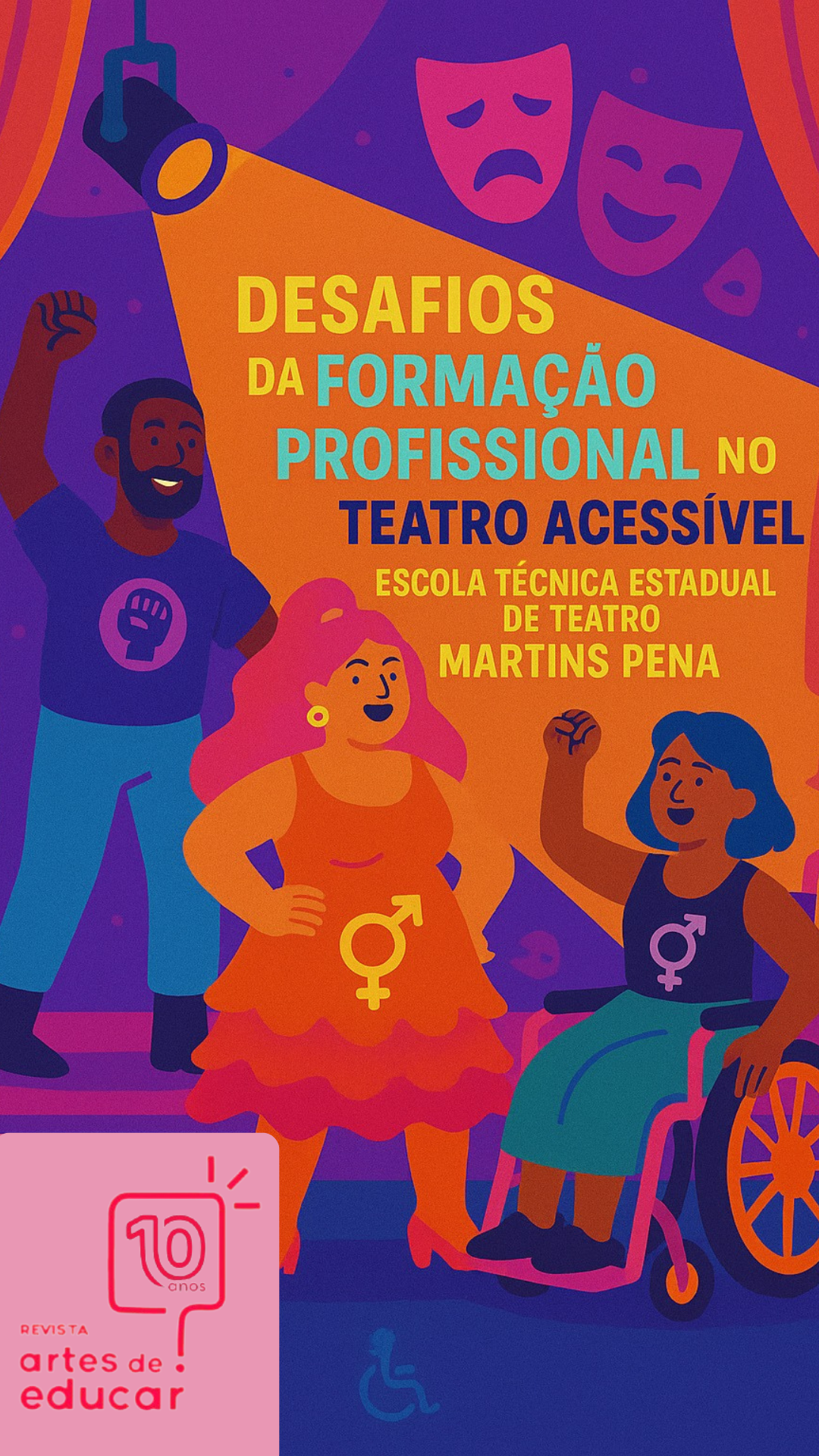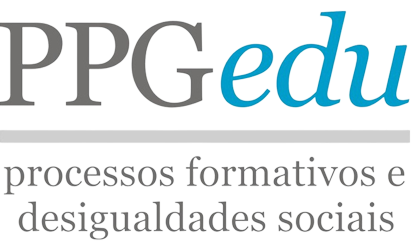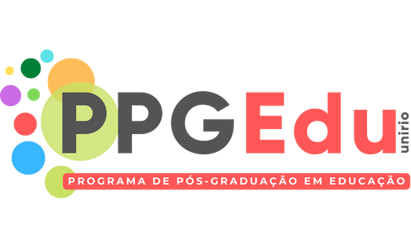Medalha Marcelo Reis: Uma marca pela passagem de uma figura pública, cujo amor à arte, diversidade, educação e inclusão formaram sua existência
Marcelo Reis Medal: An experience of affection and recognition
DOI:
https://doi.org/10.12957/riae.2025.87548Keywords:
Marcelo Reis, Inclusion, FAETECAbstract
The tribute to Marcelo Reis, delivered by Ana Diogo at the III Dialogical Meeting on Accessible Theatre, celebrates the life of a man defined by faith, emotion, culture, and a deep commitment to inclusion. Marcelo, a devoted follower of Xangô and initiated in Ifá, intertwined spirituality, art, and education throughout his life, especially during his impactful tenure as director of the Martins Penna State Technical School of Theatre. His leadership was marked by inclusive actions, such as renovating the Faetec theatre with accessible features and welcoming the school’s first visually impaired student. Marcelo was passionate about theatre, photography, dance, and human diversity. He wept with his Orixá, his friends, and in the face of life’s challenges. He was King Momo, a teacher, a journalist, a Black activist, and, above all, a student of life’s school. The Marcelo Reis Medal, created by ETET Martins Penna, honors individuals who promote inclusive education in the performing arts and immortalizes his legacy. Ana shares her emotional experience representing him and highlights the public school as a space of affection, diversity, and transformation. She affirms that inclusion requires empathy and concrete actions, and that art—especially theatre—is a powerful space for this struggle. May the “knots of inclusion
become bonds”—this is the enduring legacy of Marcelo Reis.
Downloads
Published
How to Cite
Issue
Section
License
Copyright (c) 2025 Ana Cláudia Diogo da Silva

This work is licensed under a Creative Commons Attribution-NonCommercial 4.0 International License.
Authors retain copyright to their work, are permitted to publish and distribute their work online (e.g., in institutional repositories or on their personal page) at any point before or during the editorial process, as this may generate productive changes, as well as increasing the impact and citation of published work.
The acceptance of the text implies the authorization and exclusivity of the Revista Interinstitucional Artes de Educar regarding the right of first publication, the published works are simultaneously licensed with a Creative Commons Attribution-Non Commercial 4.0 International License 























